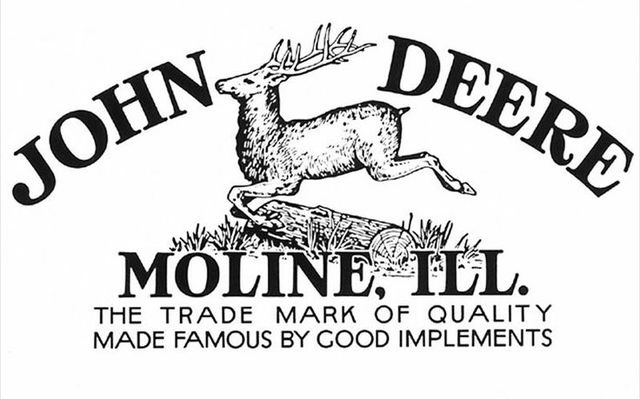









John Deere is revolutionizing the agriculture sector through innovative technology and sustainable practices. This article explores the company's strategies, products, and future directions in the farming landscape.
The Legacy of John Deere: A Historical Perspective
Founded in 1837 by blacksmith John Deere, the company has transitioned from manufacturing steel plows to becoming a multinational corporation specializing in agricultural machinery and technology. Key historical milestones include:
- 1837: John Deere invents the first steel plow, allowing farmers to break tough soil more efficiently.
- 1918: John Deere introduces the first tractor, marking its entry into powered machinery.
- 1986: The acquisition of the Harvester Works solidifies its position in the combine harvester market.
- 21st Century: Expansion into precision agriculture technology, incorporating data analytics and automation.
Innovations in Agricultural Machinery
John Deere has continuously pushed the envelope with its machinery. The company invests heavily in research and development, leading to notable innovations:
- Autonomous Tractors: With the introduction of self-driving tractors, farmers can reduce labor costs and improve efficiency.
- Precision Agriculture: Technologies such as GPS-guided equipment allow for more accurate planting and fertilization, reducing waste and increasing yields.
- Data Management: The John Deere Operations Center provides farmers with a platform to analyze data from their fields, helping them make informed decisions.
Sustainability Initiatives: A Green Approach
As global awareness of environmental issues rises, John Deere has committed to sustainable practices:
- Reduced Emissions: The company has introduced engines that comply with stringent emissions regulations, ensuring cleaner operations.
- Sustainable Materials: Efforts to use recyclable and sustainable materials in manufacturing processes have been prioritized.
- Precision Farming: By minimizing resource waste, John Deere's technologies help farmers optimize inputs like water and fertilizers, promoting sustainability.
Impact of Technology on Farming Efficiency
The integration of technology into farming practices has profound effects on efficiency and productivity:
- Yield Improvements: Data-driven farming practices can increase crop yields by up to 30%, according to various studies.
- Cost Reductions: Automating tasks traditionally done by laborers can significantly reduce operational costs.
- Real-time Monitoring: Sensors and IoT devices connected to John Deere's machinery allow farmers to monitor crop health and soil conditions in real-time.
Challenges and Responses
Despite its successes, John Deere faces several challenges in a rapidly changing market:
- Supply Chain Disruptions: Like many companies, John Deere has been affected by global supply chain issues, leading to delays in production and delivery.
- Technological Adoption: While many farmers embrace new technologies, some are hesitant due to cost or lack of understanding.
- Competitive Landscape: The rise of new players in the agricultural technology space means John Deere must continuously innovate to maintain its leading position.
In response to these challenges, John Deere has:
- Improved supply chain resilience through diversifying suppliers and increasing inventory levels.
- Launched educational programs to help farmers better understand and utilize new technologies.
- Continued investing in R&D to stay ahead of competitors and meet changing market demands.
The Future of John Deere: Trends to Watch
As the agriculture industry evolves, several trends will shape the future of John Deere:
- Digital Transformation: The shift towards digital tools for farm management is expected to accelerate, with John Deere leading the charge.
- Sustainability Mandates: As governmental regulations on sustainability tighten, John Deere's commitment to green practices will be crucial.
- Global Expansion: Emerging markets present opportunities for growth, with John Deere looking to expand its footprint in regions like Africa and Asia.
Community Engagement and Corporate Responsibility
Beyond its business operations, John Deere is committed to giving back to communities:
- Education Programs: The company invests in educational initiatives that focus on agricultural sciences and technology.
- Disaster Relief: John Deere has been involved in several disaster relief efforts, providing equipment and support during crises.
- Local Partnerships: Collaborations with local organizations aim to promote sustainable farming practices and community development.
Conclusion: A Legacy of Innovation and Responsibility
John Deere’s transformation from a simple blacksmith operation to a leader in agricultural technology exemplifies the power of innovation. As the company navigates challenges and embraces new trends, its legacy of quality and sustainability continues to shape the future of farming. With a strategic focus on technology, sustainability, and community engagement, John Deere is not just preparing for the future; it is actively creating it.
